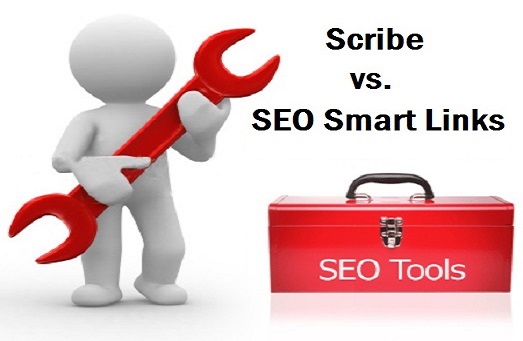WordPress is a content management system (CMS) that enables you to create a website or blog from scratch, or to improve an existing site. Also, WordPress is free and open source software released under the GPL.
WordPress is used by millions of people around the world, including many large organizations, such as The Guardian, Forbes, and The New York Times. WordPress is also popular with small businesses and individuals who want a simple way to create a website or blog.
There are many benefits of using WordPress for your business website. WordPress is easy to use, has a large community of users and developers, and is very flexible. You can find a theme or plugin for almost anything you want to do with your website. WordPress is also SEO friendly, which can help you to get higher rankings in search engines.
If you are thinking about using WordPress for your business website, or if you are already using WordPress and want to learn more about how to use it effectively, this guide is for you.
We will cover the following topics:
1. Setting up a WordPress site
2. Choosing a theme
3. Finding plugins
4. Creating content
5. Promoting your site
6. Making money from your site.
7. Troubleshooting WordPress issues.
1) Setting up a WordPress Site:
The first thing you need to do is set up a WordPress site. You can do this yourself, or you can hire someone to do it for you. If you do it yourself, the process is relatively simple. You will need to choose a domain name and hosting, and then install WordPress.
If you hire someone to do it for you, they will take care of all of the technical details and set up your site for you. All you need to do is provide them with your desired domain name and hosting information.
2) Choosing a Theme:
One of the great things about WordPress is that there are thousands of themes available, both free and premium. A theme is basically a template that determines the look and feel of your site. There are many factors to consider when choosing a theme, such as whether you want a free or premium theme, what features you want, and what style you prefer.
3) Finding Plugins:
Plugins are pieces of software that add features to your WordPress site. There are thousands of plugins available, both free and premium. You can find plugins for almost anything you can think of, from social media integration to eCommerce.
4) Creating Content:
Once you have set up your WordPress site and chosen a theme, it’s time to start creating content. Content is the most important part of your website, and it is what will attract visitors to your site. Content can be in the form of articles, blog posts, images, videos, etc.
5) Promoting Your Site:
After you have created some content for your WordPress site, you will need to promote it. There are many ways to promote your WordPress site, such as social media, search engine optimization (SEO), and paid advertising.
6) Making Money from Your Site:
Once you have a lot of traffic coming to your WordPress site, you can start to make money from it. There are a number of ways to do this, such as selling products or services, affiliate marketing, and advertising.
7) Troubleshooting WordPress Issues:
If you run into any problems with your WordPress site, there are a number of resources available to help you troubleshoot them. These include the WordPress support forums, the WordPress Codex, and various blog posts and articles.
Conclusion:
WordPress is a great platform for businesses of all sizes. It is easy to use, has a large community of users and developers, and is very flexible. You can find a theme or plugin for almost anything you want to do with your website. WordPress is also SEO friendly, which can help you to get higher rankings in search engines. If you are thinking about using WordPress for your business website, this guide is for you.
WordPress is a great platform for businesses of all sizes. It is easy to use, has a large community of users and developers, and is very flexible. You can find a theme or plugin for almost anything you want to do with your website. WordPress is also SEO friendly, which can help you to get higher rankings in search engines. If you are thinking about using WordPress for your business website, this guide will help you get started.


